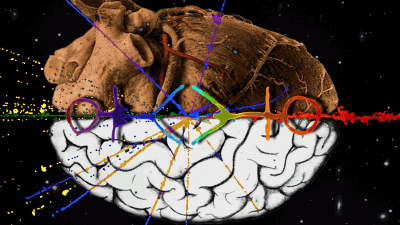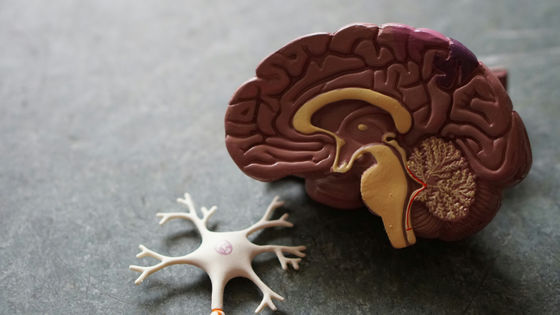What is the cause of 'fainting'?

Humans can faint at random moments, such as when they feel hot or hungry, or when they suddenly stand up. It is said that 40% of people experience syncope at least once in their life, but the mechanism behind this syncope is not well understood. A new, unknown neural circuit has been discovered through research by Vineet Augustine of the Department of Neurobiology at the University of California, paving the way to elucidating why syncope occurs.
Vagal sensory neurons mediate the Bezold–Jarisch reflex and induce syncope | Nature
What causes fainting? Scientists finally have an answer
https://www.nature.com/articles/d41586-023-03450-3
What happens when we pass out? Researchers identify new brain and heart connections
https://medicalxpress.com/news/2023-11-brain-heart.html

Previous research has believed that syncope is caused by a ``reduction in blood flow to the brain,'' but it was unclear how this reduction in blood flow occurs. Based on this idea, Augustin and his colleagues slightly changed their approach and expanded their research to include the heart in addition to the brain.
Augustine and his colleagues focused on a reaction called the Bezold-Jallish reflex (BJR), which was first published in 1867. BJR is a reaction in which bradycardia and hypopnea occur when a specific chemical is injected into a vein.This reaction was thought to act via the vagus nerve, but the neural circuits involved in the reaction are unknown. I didn't really understand.
Therefore, Augustin and colleagues focused their analysis on the vagus nerve, which transmits signals between the brain and internal organs. We identified a group of neurons called vagal sensory neurons (VSN).

Unlike the other vagus nerves, which connect to the lungs and intestines, these neurons form branches within the ventricles, the muscular part of the lower heart, and connect to an area of the brainstem called the posterior cortex.
When Augustin and his colleagues stimulated mice to actively activate the VSN, the mice, which were moving freely, immediately fainted and exhibited typical symptoms of syncope, such as rapid pupil dilation and eyeball rotation. It seems that it turned out that it was. Additionally, we found that removing VSN from mice abolished BJR and syncope.

The present study supports the idea that syncope is caused by a decrease in cerebral blood flow, which was known from previous studies. A new possibility has emerged that this is true.
``Fainting involves a reduction in blood flow, but it also involves specialized circuits that manipulate blood flow,'' Augustine said. He interprets this research as a fusion of cardiology, which investigates the heart, and neuroscience, which investigates the nerves. 'We actually found out how the nervous system controls the heart.'
A forum related to this article has been set up on the GIGAZINE official Discord server. Anyone can write freely, so please feel free to comment!
• Discord | 'Have you ever fainted?' | GIGAZINE
https://discord.com/channels/1037961069903216680/1169554005538648115
Related Posts:
in Science, Posted by log1p_kr







